News - University of Arkansas
U.S. High School Students in 2021 SEES Intern Program Share Experiences Using GLOBE Observer Mosquito Habitat Mapper
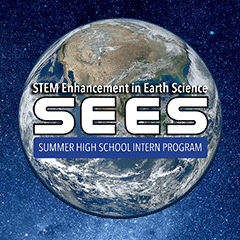
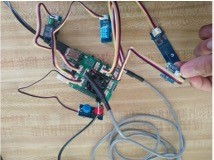
SEES MHM Intern, Om, a student from California, USA, shares: “Hi! My name is Om, and I'm a high school junior. This summer, I participated in the S EES Internship Program a partnership with UT Austin and NASA, and worked with the Mosquito Mapper cohort. I started the internship in early June with an introductory webinar where I met scientists, mentors, peer mentors, and more. I gained an overview of the expectations and outcomes that I would strive for during the following months.” To read the full story, click here.
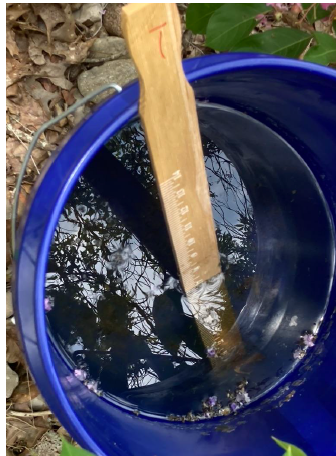
SEES MHM Intern, Prayag, a student from Texas, USA, shares: “Hello, I’m Prayag Sreenivasan, and I’m a student in the NASA SEES 2021 internship. A big part of the internship is doing hands-on research projects ourselves. With the Mosquito Mappers team, we were to utilize land cover data and mosquito mapper data with GLOBE to study mosquito populations with our projects. The first project we were assigned was to cultivate mosquitoes in about five different traps and observe how a difference in the trap environment would affect the growth and development of the mosquito population for each trap.” To read the full story, click here.
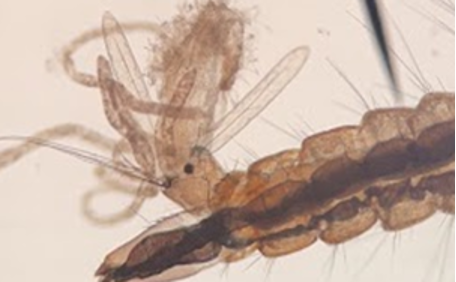
SEES MHM Intern, Aseel, from Texas, shares: “This summer, I am delighted to have a unique opportunity to dig deeper and learn more about mosquitoes, trends in larval habitats, and environmental satellite data. It's giving me a chance to expand my knowledge about mosquitoes. Last year, I researched and developed a low-cost and environmentally sustainable mosquito larvicide for use in large-scale vector control.” To read the full story, click here.
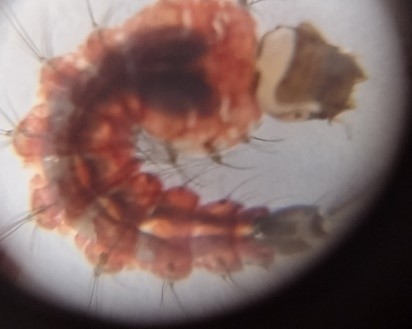
SEES MHM Intern, Paxton, from Virginia, USA, shares: “I am working on the GLOBE Mosquito Mappers Earth Explorers Project, where I am studying mosquito habitats and vector-borne disease alongside mentors and fellow interns from all over the nation. To get going with the internship, our mentors directed us to set up our own local ovitrap experiment. I decided to investigate the effect of natural bait type on the oviposition preferences of Central Virginia’s mosquitoes.” To read the full story, click here.
To read other recent Community/STEM Professional blogs, click here.
The blog is an online collaborative effort where community members and scientists associated with GLOBE post their thoughts, comments, and philosophies about a variety of science topics. GLOBE strongly encourages positive and productive discussions to further advance the scientific understanding of all involved with The GLOBE Program.
News origin: GLOBE Implementation Office




